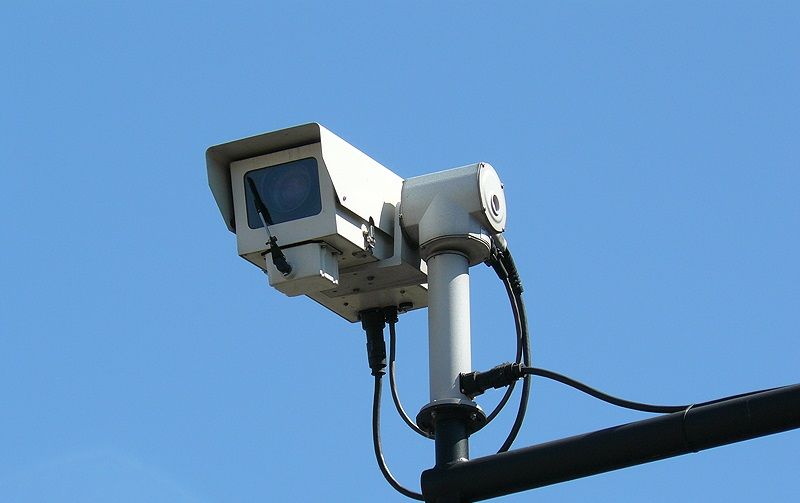David Cameron Wants to Turn Off Encryption.
To Succeed He Needs to Turn Off the Entire Internet. Here's Why:
David Cameron says there should be no “means of communication” which “we cannot read”.
To make encrypted communication readable, he would have to succeed with the following:
- Developers put in back-doors in any and every existing encryption tool.
- Ban sites that offer web-based encryption from the UK.
- Outlaw encryption tools and make sure that they are not being used in the UK.
Step 1 is not possible because many companies — especially open source projects — will rather stop offering their service in the UK than tamper with the right to privacy of their users worldwide. In consequence, UK citizens would no longer be able to use large parts of globally available soft- and hardware.
Step 2 seems rather easy. Ban the site, done. However, people will find ways to use the Internet freely with the help of vpn services or Tor. Also there remains some doubt: Acting like China and Iran when it comes to the Internet might not be such a desirable attitude for a democratic European country.
Step 3 means that the UK government would have to outlaw the usage of encryption, thus, criminalizing everyone who uses this technology. This includes freedom fighters, journalists, lawyers, who rely on secure means of communication to do their jobs.
Put together it is simply impossible to deny UK citizens the use of encrypted solutions. If Cameron wanted to follow through with his plan, he would have to turn off the Internet in the UK.
Fortunately, his desire for surveillance might not go so far. People already argue that he could not outlaw encryption because of its importance to Politicians themselves:
Can you imagine the number of times David Cameron used and relied on end-to-end encryption during the day he
suggested it be outlawed?
— Jeff Waugh (@jdub) 13. Januar 2015
After all, freedom of speech is one of our fundamental rights and our ancestors have fought hard to achieve today’s freedom. We Europeans are highly aware of the importance of privacy and freedom. We will continue to fight to protect what belongs to us: our private communication.

